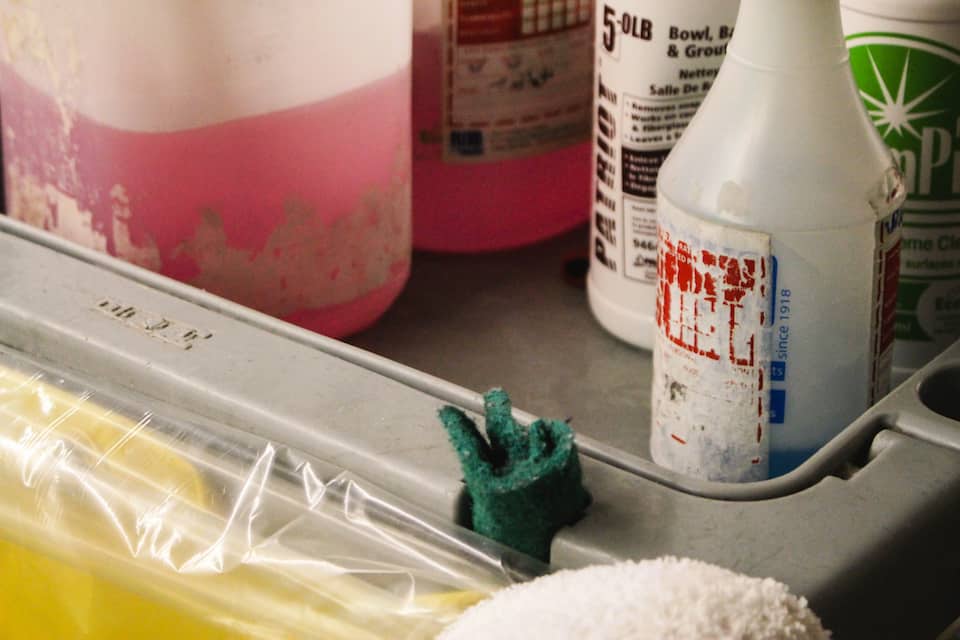University of Toronto service workers represented by the Canadian Union of Public Employees (CUPE) local 3261 are petitioning for the university to stop contracting out their work. The petition, Stop Contracting Out, was launched after the university transferred cleaning jobs in buildings related to the faculties of law, music, and dentistry to a contract cleaning company.
CUPE 3261 members have a collective agreement with U of T, so they receive benefits that contract workers do not. U of T does require contractors to be unionized. Scott Mabury, vice president of university operations said that none of the university’s unionized caretaking staff would lose their jobs because of the switch to contract workers.
“We also made sure that in moving forward with this agreement that our service provider was well-established and had a good reputation,” Mabury said. “It was also important for the University that these caretaking positions remain unionized. Under the new provider, while some positions fall under [Labourers’ International Union of North America], the majority are under [the Service Employees National Union]. As part of a union these workers will bargain collectively for their terms and conditions of employment.”
Additionally, regular employees have a job rate of $20.21. The new contract workers receive $11.85 per hour for “light duty work” and $13.10 for “heavy duty work.” According to CUPE 3261, this difference is representative of pay equity concerns where men are paid more than women.
“We hope the petition will convince the Employer to terminate its contract with Compass and return to its practice of hiring employees who are paid a living wage, with health and pension benefits,” CUPE servicing representative Leanne MacMillan said. “We think regular U of T employees, who have a permanent connection to the campus can provide the type of cleaning which needs to be done. Folks don’t need to worry about turnover, inadequate health and safety training and loss of privacy when you don’t have regular employees doing the work.”
Under the contract U of T has with CUPE local 3261 members, U of T must provide job protection for workers. Those replaced by contract workers were moved to similar paying vacant positions after retraining if necessary. This comes from gapping positions, which are vacant positions usually filled by casual workers, or not filled at all.
The union acknowledges that U of T is attempting to cut costs but believes there are better ways to do so. According to the petition, the entire payroll of CUPE local 3261’s members is 1.2 per cent of U of T’s net income.
“We don’t think eliminating positions from some of [the] lowest paid workers on campus is a good strategy,” MacMillan said. “We don’t think it actually saves very much money. We don’t know how much U of T is paying Compass. We only know what Compass is paying its employees. We don’t think that reduced cleaning of buildings, offices, classrooms and labs is good for your learning experience as student.”
“We don’t have any issues with the workers who are employed by Compass,” MacMillan said. “However, we think U of T should do the right thing and continue to use full time regular employees to clean on campus.”


